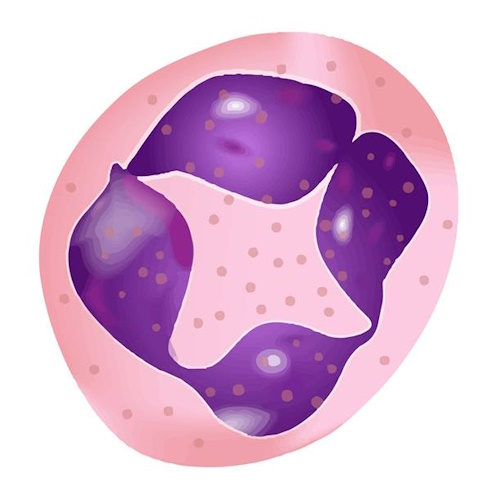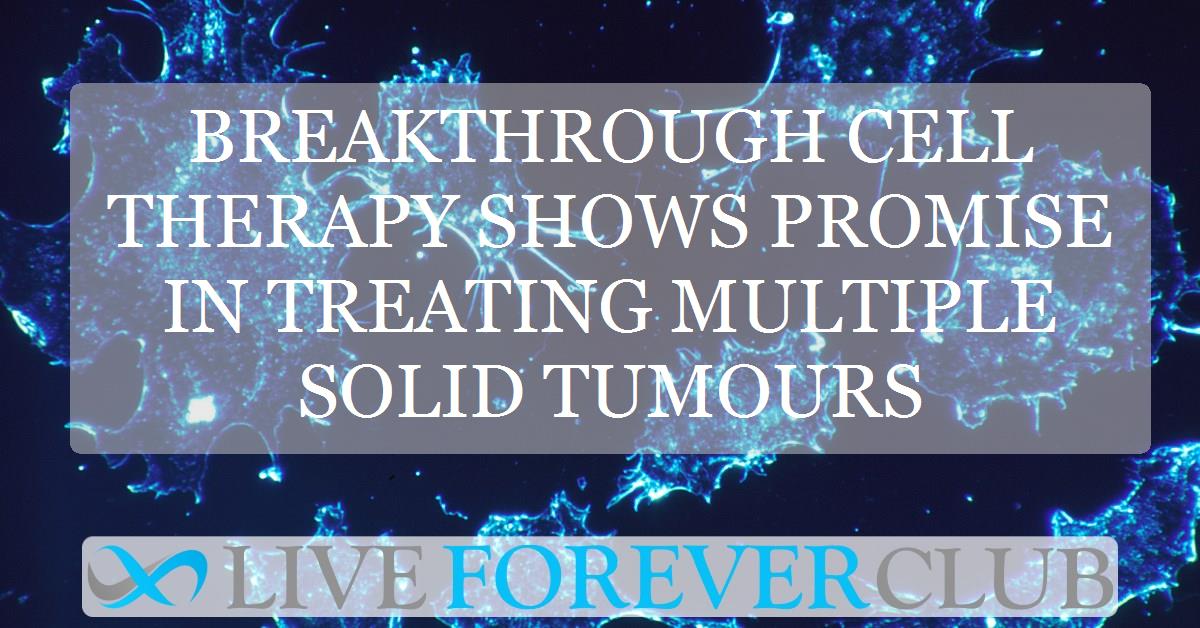Key points from article :
LIfT BioSciences has demonstrated impressive results with its N-LIfT cell therapy, showing the destruction of over 90% of tumours in five difficult-to-treat cancer types: bladder, rectal, colorectal, gastric, and squamous cell non-small cell lung cancer (SC-NSCLC). These results were obtained using PDX organoid models, which are derived from patient tumour tissue, offering a more reliable prediction of clinical outcomes compared to traditional mouse models. The therapy’s effectiveness was particularly notable in cancers resistant to chemotherapy, providing hope for patients with limited treatment options.
The N-LIfT therapy harnesses the power of neutrophils, key cells in the body’s innate immune system, to both destroy tumour cells and stimulate the patient’s immune response. Unlike targeted therapies that tumours can adapt to, N-LIfT cells target tumours through a broader, antigen-independent mechanism, making them more versatile and capable of overcoming the immunosuppressive environments that often hinder traditional treatments. This platform could lead to more effective, scalable, and cost-efficient therapies for solid tumours, which are notoriously difficult to treat.
LIfT BioSciences is advancing towards clinical trials, with plans to start in late 2025, following the completion of their pre-clinical data package. The company’s innovative approach also involves offering its patented neutrophil-based cell therapy platform to other biotech companies, aiming to accelerate breakthrough treatments in additional areas. With its unique ability to address high unmet needs in cancer care, LIfT’s platform could revolutionize how solid tumors are treated in the future.






